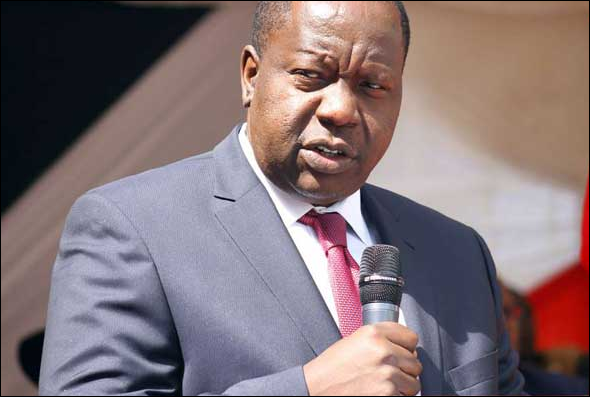
In the end, a rumoured cabinet reshuffle failed to materialise last week, and instead President Uhuru Kenyatta announced an executive order that reassigned duties within the existing cabinet. Two factors would have constrained possibility of a cabinet reshuffle. First, a cabinet reshuffle, especially one bringing new faces to cabinet, would involve legislative approval.
While Kenyatta may probably ultimately obtain such approval if needed, it would be politically demanding to process approvals before the National Assembly and this would have discouraged a more ambitious approach regarding his cabinet. The constraint imposed by legislative approval is not unique to Kenya: countries whose cabinets require parliamentary approval have fewer mid-term reshuffles than those where such approval is not needed.